Romanian Customers Visit UK Feed Industry
- Category:
- Animal Utilization
- General News
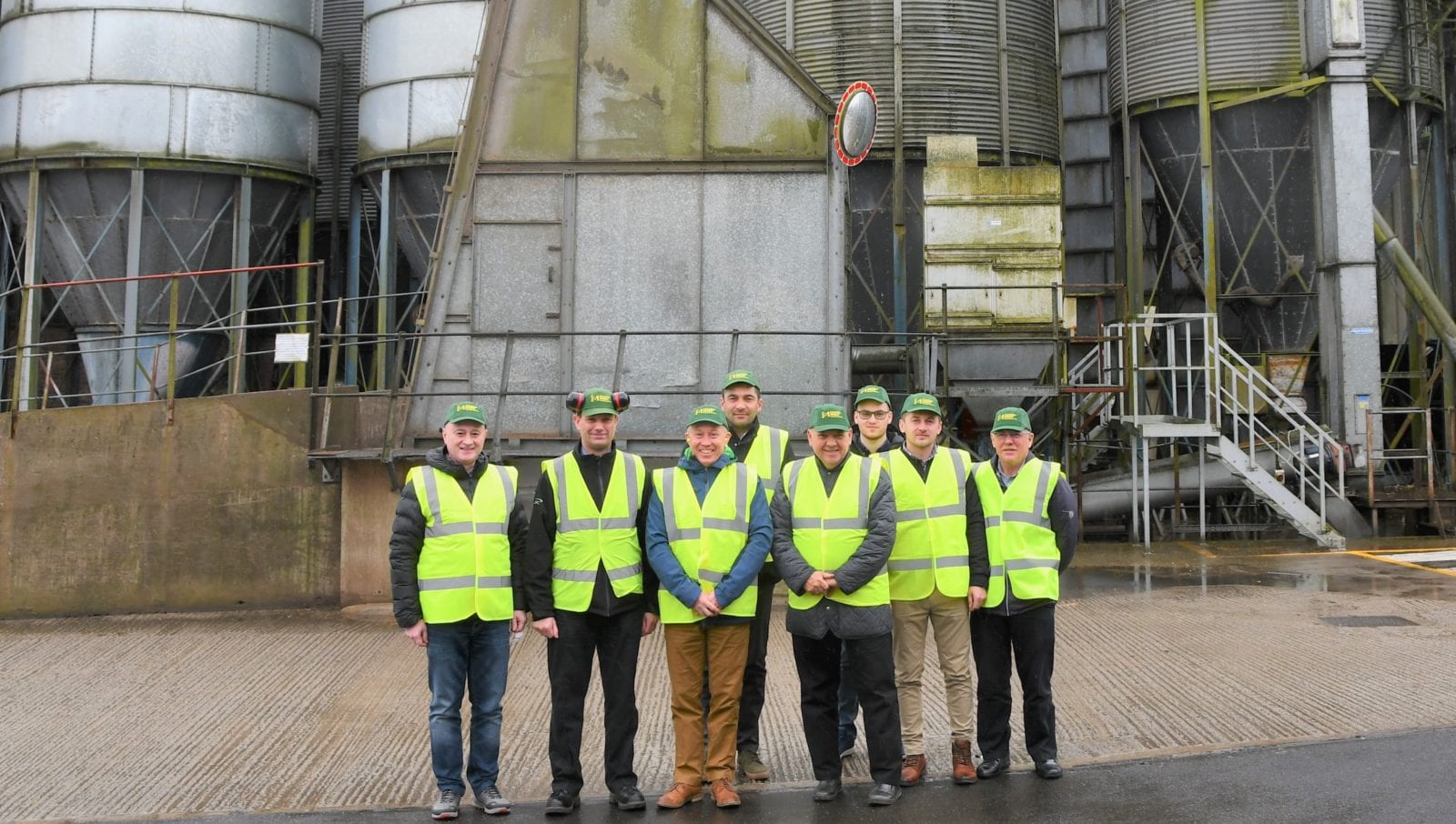
Editor’s note: The event featured in this story took place prior to the USSEC travel ban due to COVID-19.
In an attempt to encourage the exchange of information between U.S. soy customers from Europe, USSEC organized a field visit to Massey Feeds company in Chester, United Kingdom for a group of select Romanian customers during the first week of March. The objective of the activity was to encourage exchanges between end users regarding quality control, use, and cost efficiency of raw materials, including soy ingredients, particularly U.S. soy.
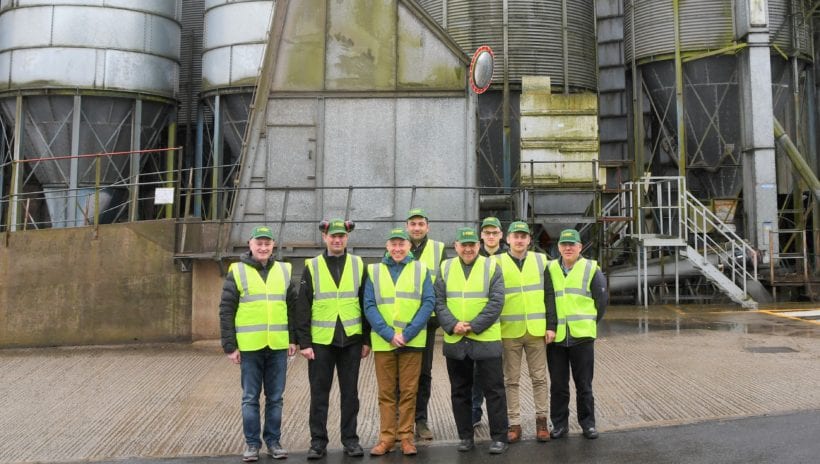
Participants in this activity including delegates from top poultry integrations and independent feed mills from Romania, were interested in understanding how soy ingredients are differentiated and valued by their colleagues in the UK, one of Europe’s largest feed industries. The host, Massey Feeds, is a family company with more than 125 years of experience. Its main goal is to satisfy the most rigorous standards of quality control to ensure that the resultant feed products are safe and wholesome. The business has three feed manufacturing sites based in Holmes Chapel, Preston, and Holsworthy, to best serve customers from this region of the United Kingdom.
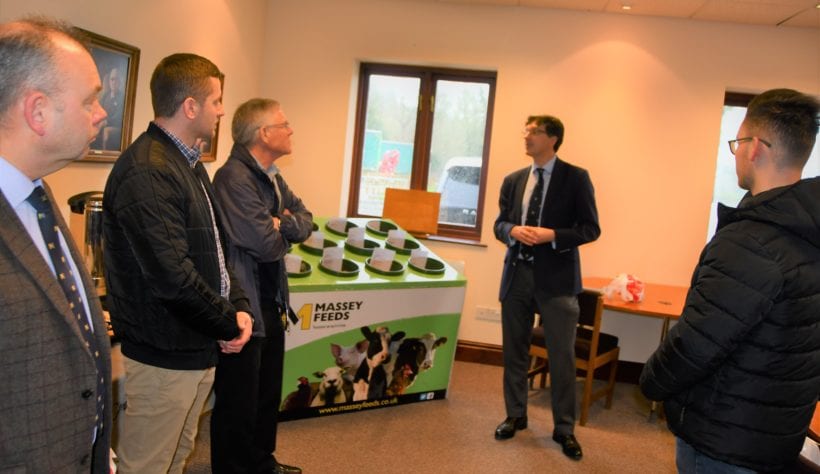
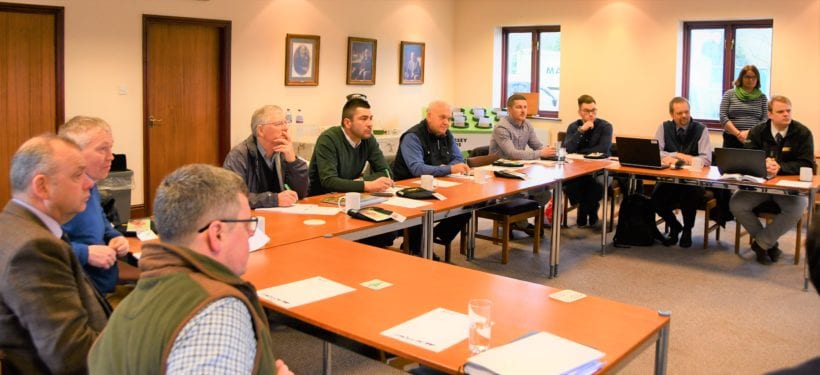
The Romanian group’s visit began with a workshop hosted by the Massey Feeds board and staff. The speakers’ host shared the company’s efforts to strive to assure its sustainability while maintaining a strong position in the feed market. Animal welfare standards must always be met, and the company recognizes its responsibility to the environment.
“Today, we have the same attitude towards excellent service and quality, always with an eye towards the latest technology to keep us at the forefront of the industry as we did when the company was founded over 125 years ago,” says Kynan Massey, company president. “We are constantly looking for ways to help our customers and we are still a family business that understands the importance of looking after our customers.”
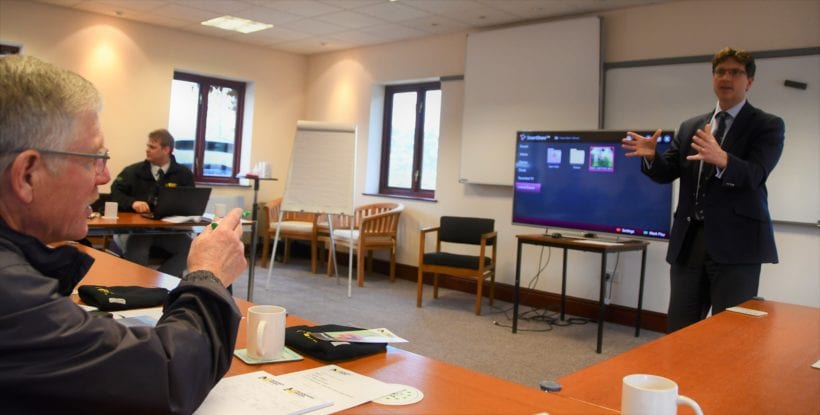
The topic of sustainable soy generated high interest and vivid discussions from the participants.
“The UK’s feed industry follows FEFAC’s Soy Sourcing Guidelines, which consist of social and environmental criteria and recommendations for good agricultural practices for soy cultivation. These guidelines are essentially a professional recommendation which is subject to voluntary uptake and help the feed industry to make its baseline criteria clear,” states USSEC consultant Dr. Jan van Eys. “During recent years, the European feed industry, represented by FEFAC, has taken the initiative to support the eradication of unsustainable and unwanted practices related to soy production, by enabling retailers, food manufacturers, and food service companies to move to a position which will recognize and consolidate the role of sustainable soy, especially U.S. Soy.”
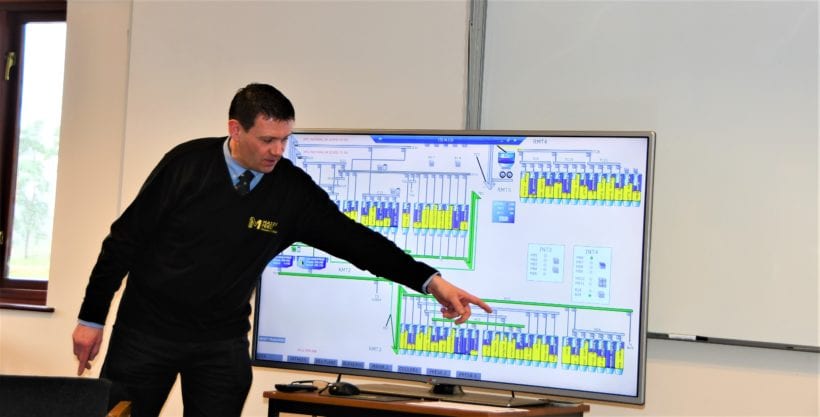
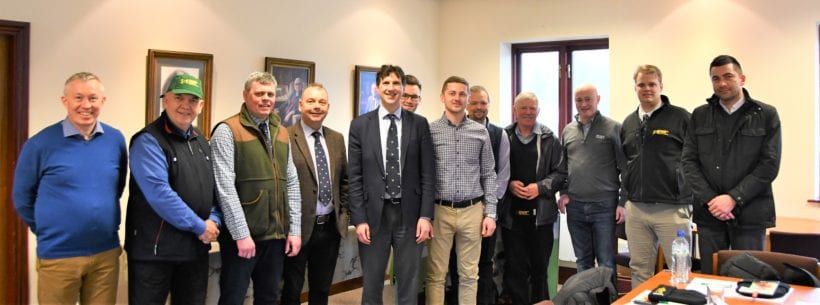
Following the introductory discussions, participants were invited to tour the feed mill facilities. There, the production manager introduced the incoming ingredient quality control procedures and the good manufacturing practices implemented at their plant.
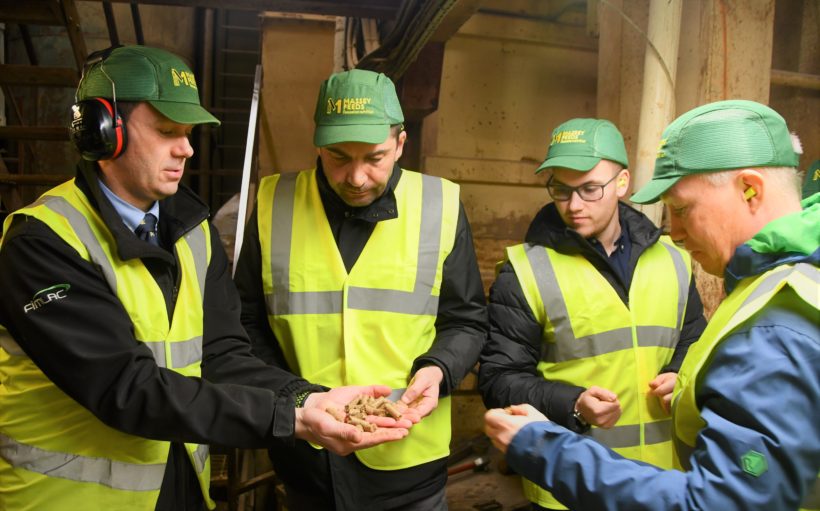
Participants benefited from open discussion and interaction with the feed mill staff. The company has an internal feed quality control program and is implemented by technicians with more than 20 years of experience.
In an effort to streamline the feed analysis process, the company implemented the most distinctive innovation in the feed production industry – near infrared (NIR) technology, which allows technicians to perform traditional feed analysis tests in a mere 45 seconds that historically took up to a few hours to complete. This highly effective technology requires a small sample of ingredients for a noninvasive and short time method of analysis. At Massey Feeds, the raw materials are temporarily held at the feed mill to undergo NIR tests before being unloaded for further processing. The analysis process is facilitated by an accomplished experienced staff that rapidly evaluates the content levels of moisture, protein, fat, fiber, and other nutrients in each sample. The data obtained from NIR ingredient tests provide valuable information to nutritionists and is a vital element in the feed production process. Visual and texture evaluations are also used to provide insight into the quality of feed ingredient samples.
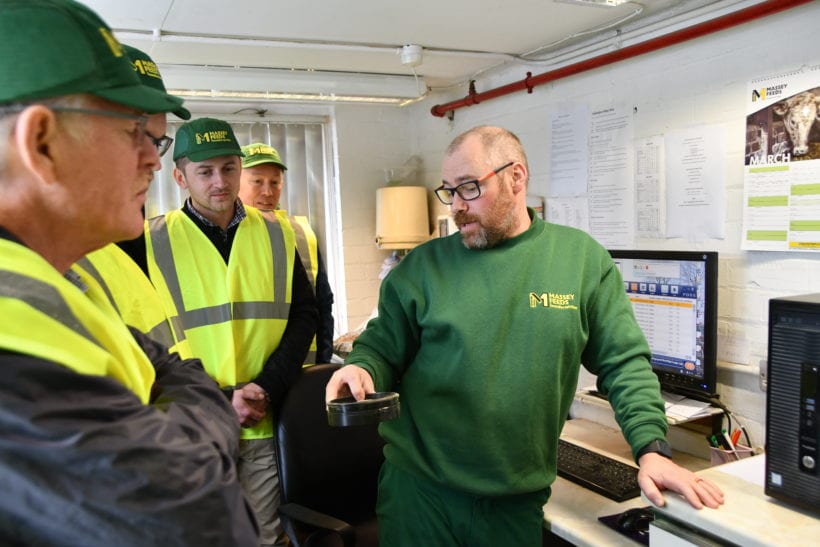
Participants had the opportunity to learn how the accurate data on feed products are used to assist nutritionists and procurement specialists, as they monitor the nutritional value of incoming ingredients almost every day. This data also helps the nutritionists and purchasing department to foster strong relationships with suppliers because they are able to provide them with comprehensive feedback regarding the quality of the raw materials. The NIR efficiency is especially proven in the case of expensive raw materials, including soybean meal. For the UK’s feed and livestock industry, soybean meal is probably the best quality vegetal protein source, widely used due to its high protein and energy and good amino-acids profile. Over 95 percent of the nitrogen present is true protein, making it ideal for all livestock. It is also high in phosphorus, of which 50 percent is available.
Another interesting aspect for the participants was the British consumers’ concerns on the food chain and the quality of what they are consuming, which is driving the need for even higher quality standards. Animal feeds and feed ingredients are an essential part of the food chain and play an important role in the production of safe and healthy foods such as meat, eggs, fish, and dairy products.
The visit at Massey Feeds concluded among great appraisal and mentions of great outcomes for the Romanian delegation. The whole activity was an eye opener for the U.S. soy customers, who had the opportunity to understand the UK’s feed industry particularities: large variety of ingredients, such as brewery by-products, the way they are valuing each of these raw materials, and how to turn them into a wide range of high value feed compound products. Participants expressed gratitude and appreciation to all those who contributed to the success of such a productive program including USSEC, Massey Feeds, and James Bentley of Turkey Times Conference.